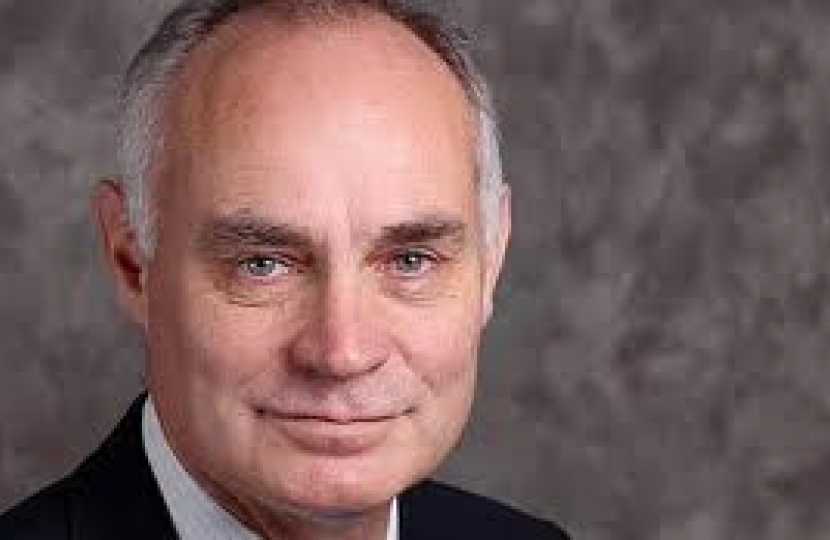
Mr Crispin Blunt (Reigate) (Con): Some people say that the Bill is just about semantics, but semantics matter and words express the values of our society. The Bill is part of an astonishing and wonderful change that has taken place over the past 50 years and which has taken millions of us from criminalisation to legal equality and the enjoyment of self-worth and validation.
Those sentiments were certainly not apparent to me as a young man. I thought there was something wrong with me that had to be mastered, and for three decades I managed that struggle. The relief and happiness that
5 Feb 2013 : Column 215
comes from not having to do so any longer is due to the courage of others who fought for all the measures to advance equality over the past five decades that are the precursors to today’s Bill. My comments need therefore to be understood in the context of my enthusiasm and appreciation for those who have been prepared to lead on this issue, particularly the Prime Minister.
The final line of the Stonewall briefing for the debate reads:
“Stonewall therefore urges you to support this modest final legislative measure of equality for homosexual men and women in England and Wales”.
As presented, however, the Bill is not the final measure. While civil partnerships remain open only to same-sex couples, we will have retained an inequality that we will have to revisit. However much I have tried to explain to my constituents that we propose to legislate to deliver equality in the eyes of the state, protecting the beliefs of the religious, I do not believe that my constituents of faith understand the distinction between marriage in the eyes of the state and marriage in the eyes of their God.
Mark Menzies (Fylde) (Con): I am a Catholic and religious freedoms are very important to me, as is my religion, but so too are equality and tolerance. I think that the Bill protects both those things. I came here to abstain, but I have listened to the debate like I have listened to no other, and it is now my intention not to abstain, but to support the Bill .
Mr Blunt: I am delighted to hear that intervention from my hon. Friend. I advocate that Members support the Bill and make those distinctions even clearer as the Bill passes through the House.
Much as the Bill will be another step forward, even unamended it gives us the vehicle properly to differentiate marriage in the eyes of the state from religious marriage. Simply put, we should be legislating for equal civil marriage and enabling religious organisations to carry out same-sex marriages if they wish to do so, and protecting them if they do not.
Mr Newmark: In supporting that point, I am sure my hon. Friend is aware of the book “Animal Farm”, in which all animals are equal but some are more equal than others, and is it not now time, in 21st-century Britain, that men should be allowed to marry men, women should be allowed to marry women, and men should be allowed to marry women in a civil marriage, not a religious marriage?
Mr Blunt: I entirely agree with my hon. Friend. We need to distinguish between civil marriage in the eyes of the state, which we are absolutely entitled to legislate for—indeed, there is a requirement on us to do so—and marriage in the eyes of people’s gods and religious beliefs, which is different.
I therefore advocate a situation such as in France, where one ceremony is required in the eyes of the state as well as another religious service, or, preferably, for religious organisations to be able to deliver marriage in the eyes of the state. Either of those positions would be better than continuing inequality, and I predict that if we do not change this Bill, Parliament will have to revisit the issue.
5 Feb 2013 : Column 216
If this more fundamental change meets both the profound concerns expressed by my hon. Friend the Member for Wycombe (Steve Baker) and a number of others and the test of permanent equality in the eyes of the state, it has much to recommend it. This Bill starts us down the right road, and I welcome it, but I urge the House to do a thorough job in Committee and on Report so as not to leave avoidable unfinished business.
